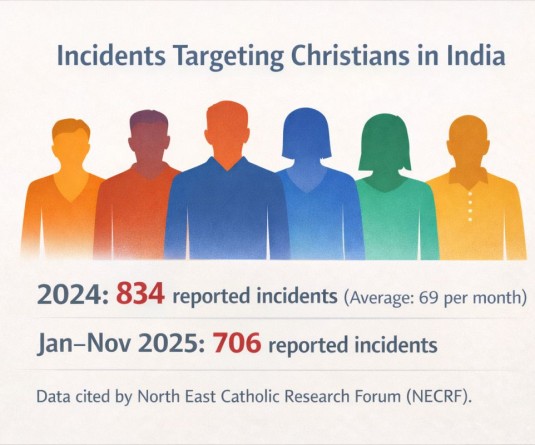Advocacy by DVBD Consultant at Buranamsang village.

LONGLENG, JULY 1 (MExN): The National Vector Borne Disease Control Programme (NVBDCP), Longleng, observed “Anti-Malaria Month 2025” from June 1 to 30 across all three blocks of the district, covering villages and health units under the theme “Test, Treat, Track.”
According to an update from the Chief Medical Officer’s (CMO) office, a wide range of activities were conducted throughout the month to raise awareness on the prevention, diagnosis, and treatment of malaria and other vector-borne diseases. These included house-to-house visits, fever surveys, miking, distribution of leaflets and posters, container surveys, and source reduction drives.
Communities were sensitised on the correct and consistent use of Long-Lasting Insecticidal Nets (LLINs), and the importance of utilising services available at Community Health Centres (CHCs), Primary Health Centres (PHCs), and Sub-Centres.
The district-level campaign was led by Dr Tiameren Imchen, District Vector Borne Officer (DVBO), and Nyumoi Phom, District Vector Borne Consultant, supported by Malaria Inspectors, Technical Supervisors, Surveillance Inspectors, Workers, and ASHA workers.
As part of the campaign, the DVBDCP team held advocacy meetings at Buranamsang village with the village chairman, gaonbura, student leaders, and village health committee members. Community-level awareness sessions were held at local centres, with participation from stakeholders and residents. Key topics covered included symptoms and prevention of malaria, daily use of LLINs, and availability of free testing and treatment at government health facilities.
Malaria screening was also conducted for migrant workers, police personnel, local business owners, vendors at the weekly bazaar, and security personnel at Chingtok IR under Yongnyah Block.
In addition, miking was carried out in churches to reach a wider audience across villages in all three blocks. ASHAs were given on-ground support and encouraged to perform Rapid Diagnostic Tests (RDT) and prepare blood slides as part of routine surveillance.
The district has recorded zero malaria cases since 2019 and continues its efforts to maintain this status. The campaign also included dissemination of IEC (Information, Education and Communication) and BCC (Behaviour Change Communication) materials, along with focus group discussions (FGDs) in communities.






